Delegates attending the discussion. Photo: Thu Hoai
Environmental challenges and green transformation requirements
Climate change, air pollution, plastic waste... are creating increasing pressure on Vietnam. Within just one year, our country has been hit by super typhoon Yagi, which has left 345 people dead and missing, causing more than 84,000 billion VND in damage; recently, typhoon No. 5 has caused serious consequences in many provinces and cities in the Central and Northern regions.
Tien Phong Newspaper Editor-in-Chief Phung Cong Suong speaks at the seminar. Photo: Thu Hoai
Tien Phong Newspaper Editor-in-Chief Phung Cong Suong said that these challenges are no longer far-fetched, but have become an urgent reality. Sustainable production and consumption are not just slogans, but mandatory requirements. In that flow, eco-labels are considered a "green passport" that helps businesses affirm their environmental responsibility, while creating a basis for safe and quality choices for consumers. This is a policy tool that has been successfully applied by many countries, such as Korea, Japan, and European countries, both promoting technological innovation and shaping green consumption habits.
At the seminar, Deputy Director of the Department of Environment ( Ministry of Natural Resources and Environment ) Le Hoai Nam said that in our country, there is a fairly complete legal basis, with a unified eco-label system. However, the implementation results are still modest. Up to now, only a few product groups have been certified, mainly environmentally friendly plastic bags with a limited number of participating businesses.
Deputy Director of the Department of Environment Le Hoai Nam. Photo: Thu Hoai
According to Mr. Le Hoai Nam, the cause of this limitation comes from many factors, such as: weak capacity of domestic enterprises, unsynchronized technology, lack of specific incentive policies, and complicated administrative procedures. "Although the law stipulates an environmental protection tax of up to 40,000 VND/kg for non-degradable bags, in reality many small establishments still avoid this obligation," Mr. Le Hoai Nam gave an example.
From a financial policy perspective, Mr. Trinh Quang Hung, Head of the Property Tax, Resource Tax, Environmental Protection Tax Department, Department of Tax, Fee and Charge Policy Management and Supervision ( Ministry of Finance ) said that the current tax system has incentives for green businesses: Exemption from income tax from the transfer of emission reduction certificates, tax incentives for renewable energy projects, waste treatment, energy-saving production... In particular, the draft Law on Personal Income Tax submitted to the National Assembly at the end of this year will add incentives related to carbon credits and green bonds.
In addition, experts attending the discussion all agreed that, for eco-labels to truly become a driving force, a comprehensive set of solutions is needed. In particular, Deputy Director of the Institute of Strategy and Policy on Agriculture and Environment (Ministry of Agriculture and Environment) Nguyen Trung Thang proposed: "The State must create a transparent and attractive "playground", at the same time reform procedures, digitize processes, and reduce compliance costs to make it easier for businesses to participate."
Associate Professor, Dr. Nguyen The Chinh. Photo: Thu Hoai
Associate Professor Dr. Nguyen The Chinh, senior researcher at the Institute of Meteorology, Hydrology and Climate Change, added: Vietnam's policies are still lagging, many regulations are just laws and lack guiding documents. He said that urgent adjustments are needed, and at the same time, the State must take the lead in purchasing and using green products, creating momentum for the market.
From a business perspective, Mr. Nguyen Hoang Dong, General Director of Stavian, shared his experience that to achieve the eco-label, businesses must strictly control everything from raw materials, technology to distribution. Initially, there were concerns that high prices would make it difficult to compete, but the market has proven that Vietnamese consumers are willing to support it.
“Our products are available in most supermarkets and e-commerce platforms. This is a positive signal, proving that the green consumption trend is spreading strongly,” said Mr. Nguyen Hoang Dong.
Similarly, Mr. Nguyen Le Thang Long, Chairman of the Board of Directors of An Phat Xanh, cited a lesson from Europe: After more than 15 years, replacing traditional plastic bags still faces many difficulties, but persistent conversion helps the market take a clear shape...
Creating new momentum for the green product market
Many opinions at the seminar affirmed that in order to form a strong enough market for eco-label products, in addition to preferential policies on taxes and fees, it is necessary to focus on three key factors: Green credit capital, trade promotion and community communication.
Mr. Vo Thai Son. Photo: Thu Hoai
Mr. Vo Thai Son, General Director of Stavian MP, emphasized that businesses need access to preferential loans to invest in clean technology, and need support to promote products in both domestic and international markets. He also suggested early restriction of production and import of disposable plastic products nationwide to encourage green lifestyles.
Representative of the Vietnam Retailers Association, Ms. Trinh Thi Hong Loan, proposed that the State should support businesses with part of the cost of eco-labeling, while at the same time stepping up propaganda so that young people understand the benefits of green products.
“Some retail businesses have applied discount programs for eco-label products, initially creating a positive effect. However, to increase customer trust, we need transparent policies and strict control over counterfeit and fake goods,” said Ms. Trinh Thi Hong Loan.
Ms. Trinh Thi Hong Loan. Photo: Thu Hoai
The discussion also pointed out that developing eco-labels is not just the responsibility of businesses or consumers, but requires synchronous coordination between the State - businesses - society. The State needs to lead, businesses need to innovate, and people need to change their consumption habits. Only when these three links operate smoothly, can a sustainable green product market be formed.
From the discussions, it can be seen that eco-labels are not only symbols, but also key tools for Vietnam to move towards a green, circular economy.
Delegates attending the discussion. Photo: Thu Hoai
It is important to quickly remove institutional barriers, create a favorable legal corridor, and promote communication to form green consumption habits. In addition, the steadfastness and pioneering of businesses, along with the support and encouragement of the State, will be the driving force to make eco-labels become a new standard of production and consumption in Vietnam.
Source: https://hanoimoi.vn/nhan-sinh-thai-dong-luc-cho-san-xuat-va-tieu-dung-xanh-714186.html


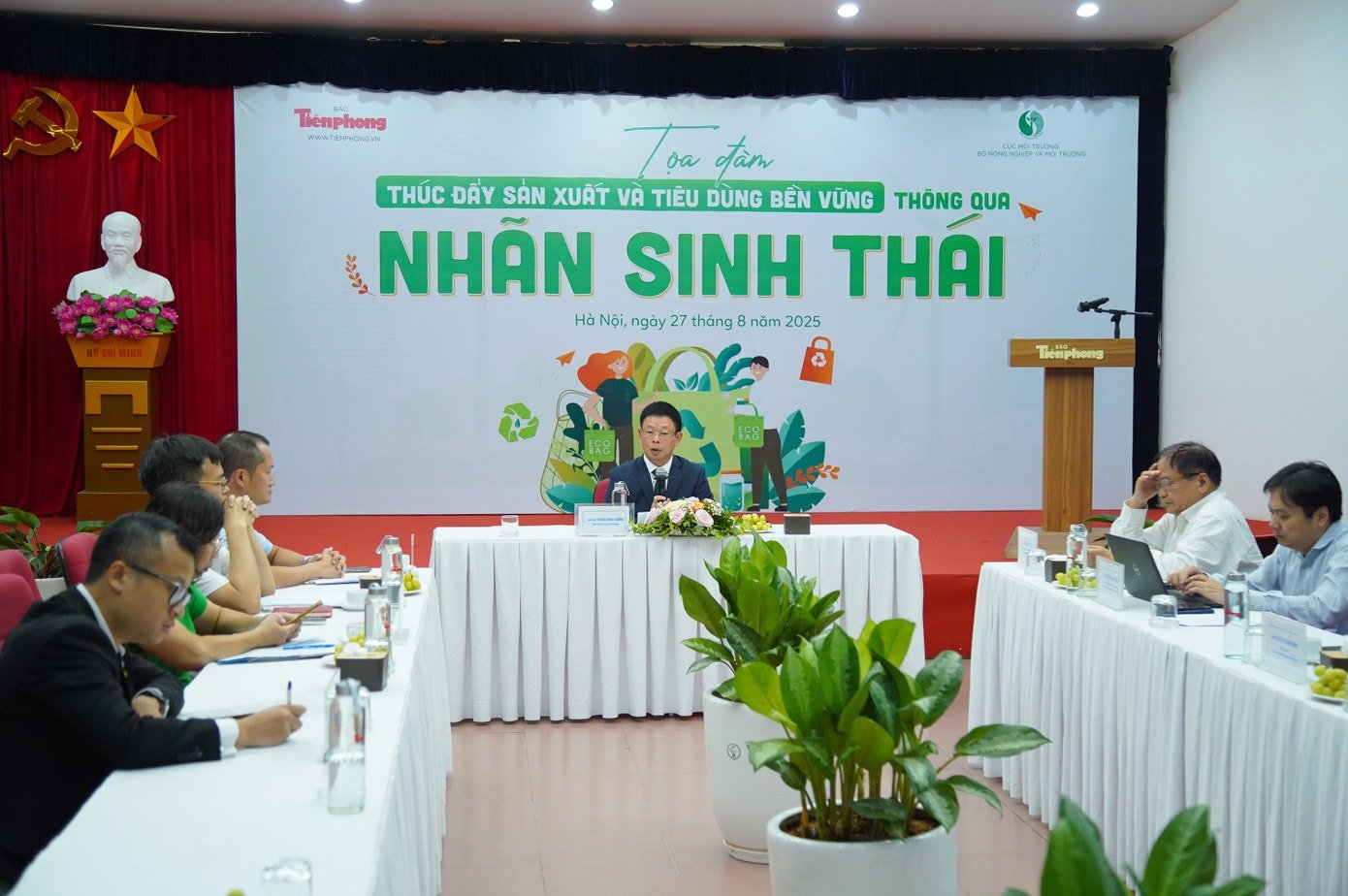
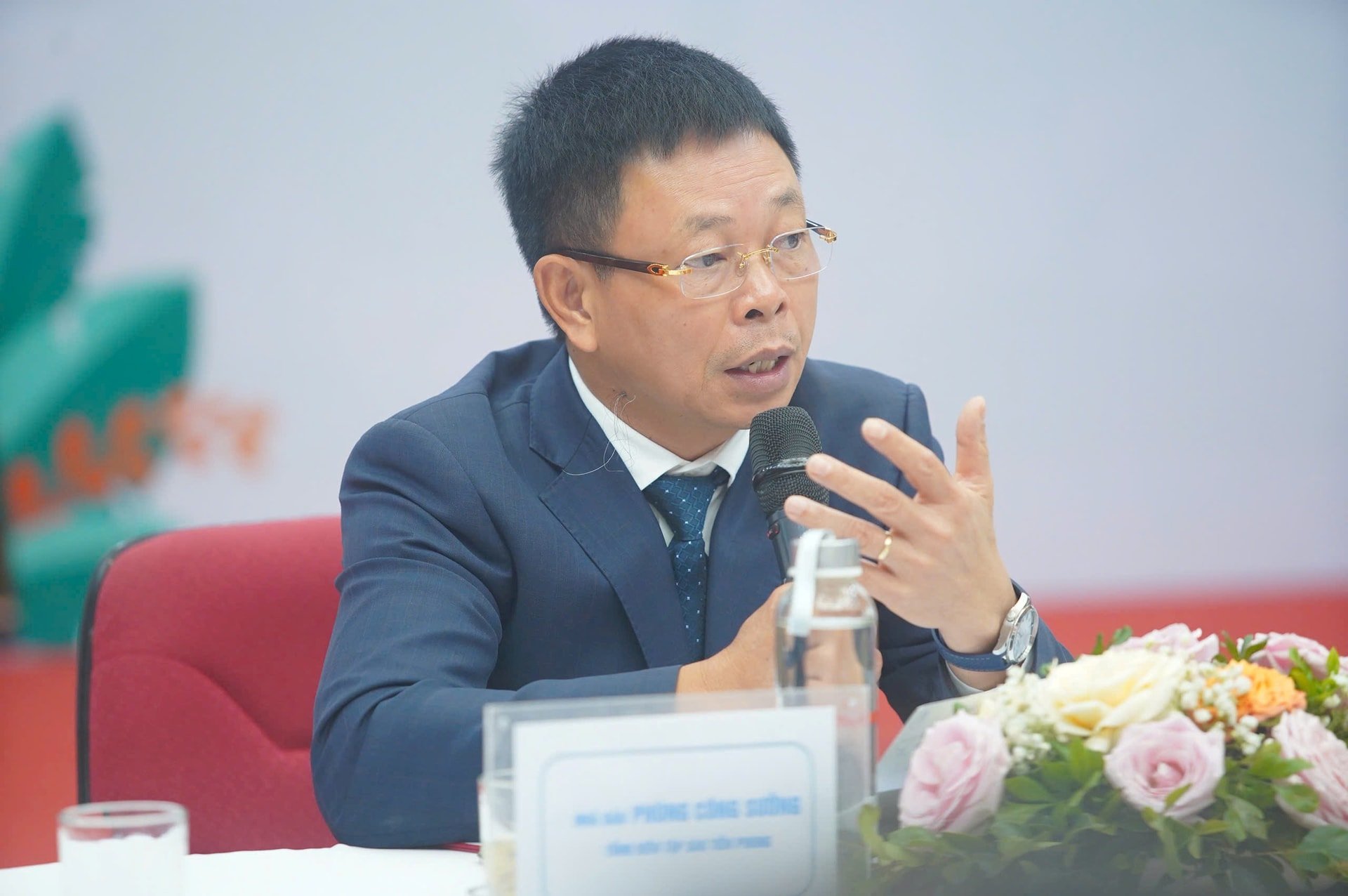
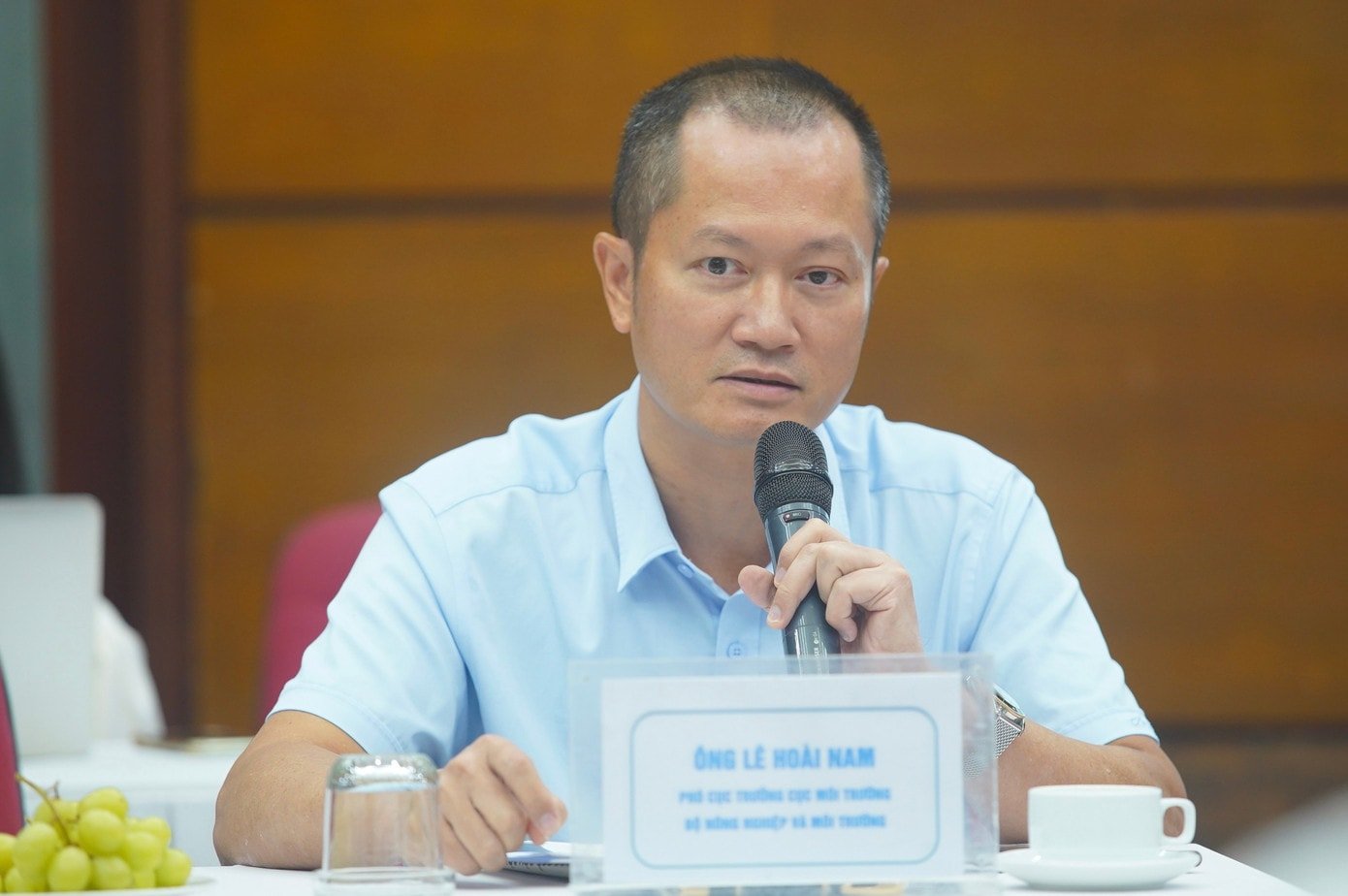



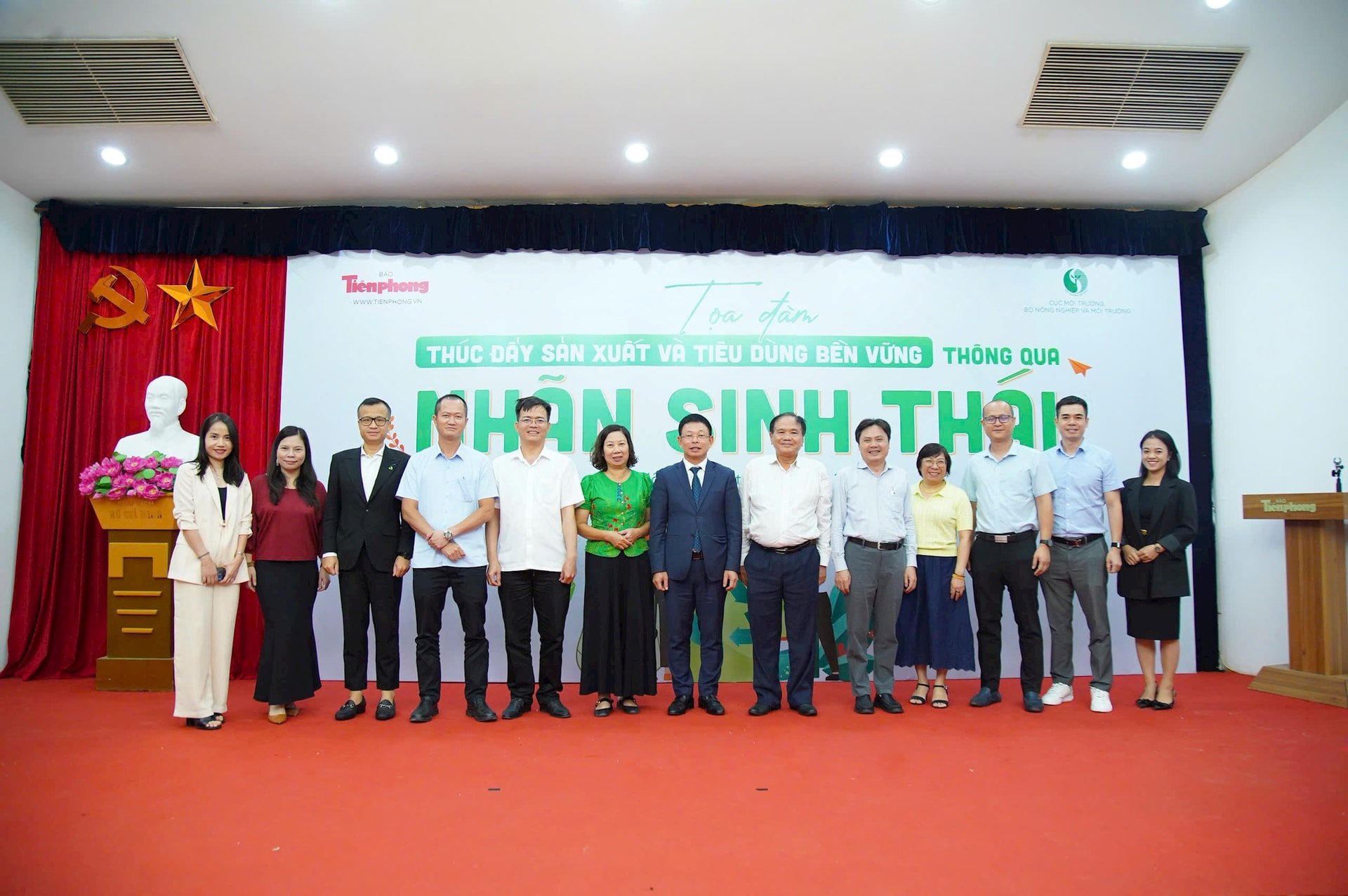


![[Photo] Prime Minister Pham Minh Chinh receives President of Cuba's Latin American News Agency](/_next/image?url=https%3A%2F%2Fvphoto.vietnam.vn%2Fthumb%2F1200x675%2Fvietnam%2Fresource%2FIMAGE%2F2025%2F12%2F01%2F1764569497815_dsc-2890-jpg.webp&w=3840&q=75)



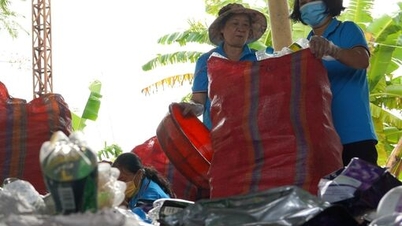

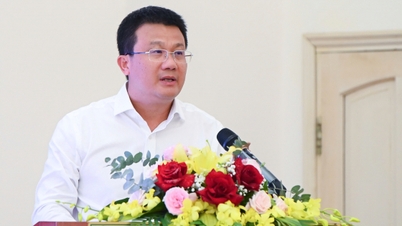



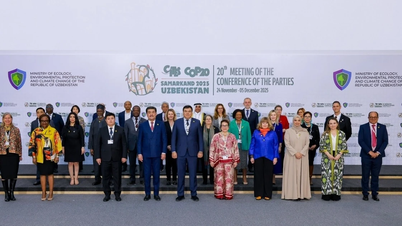




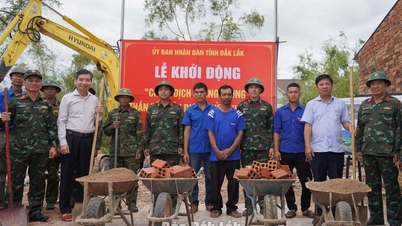

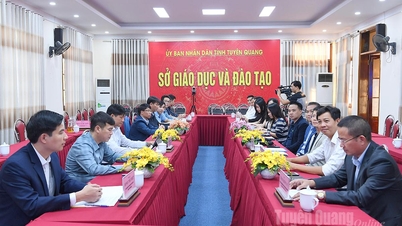

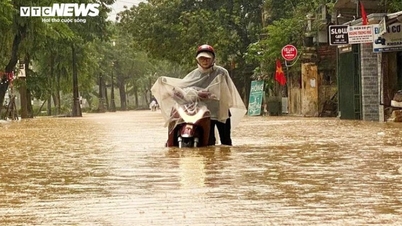



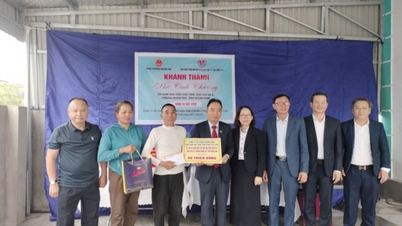







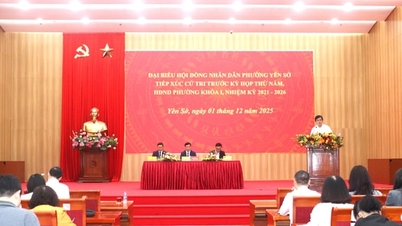
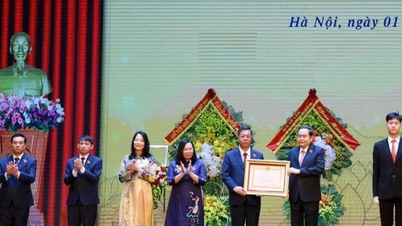
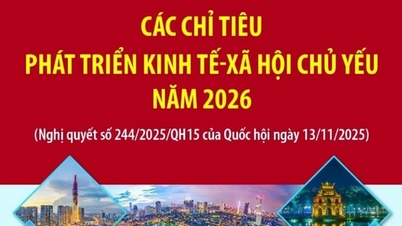
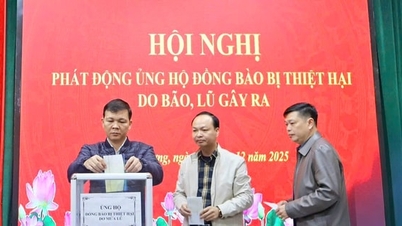
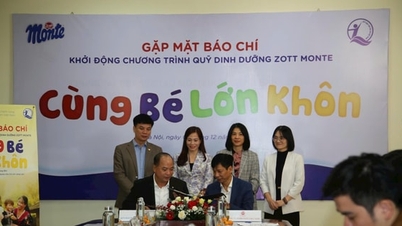







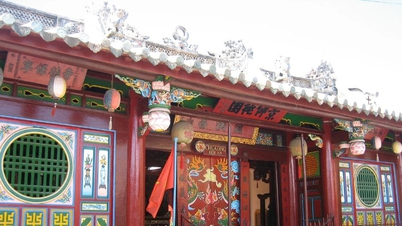


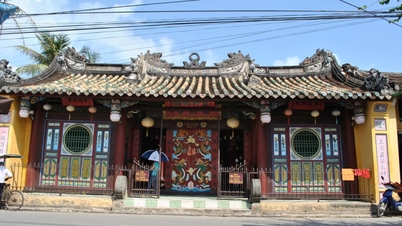
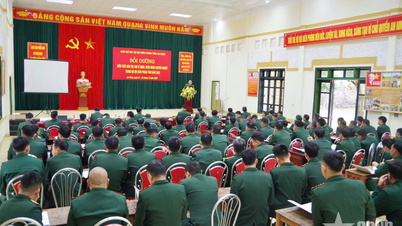



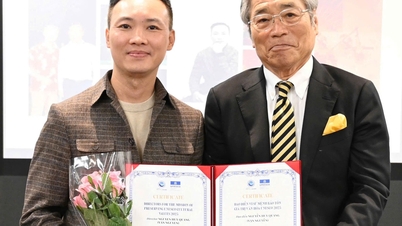











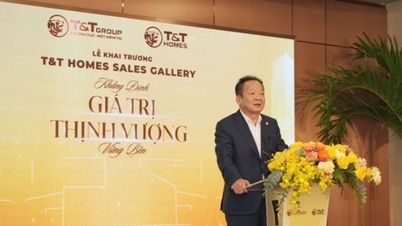











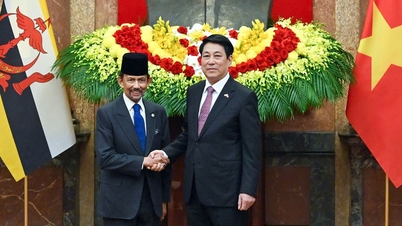






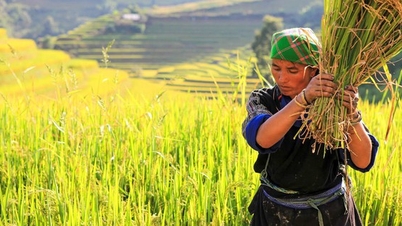

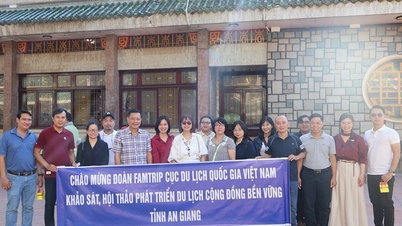

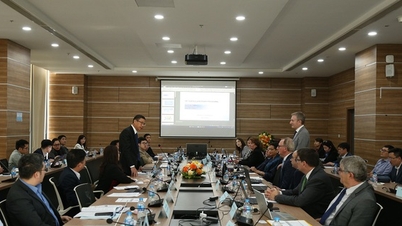






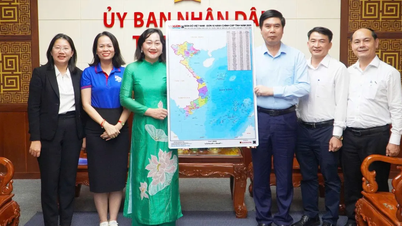










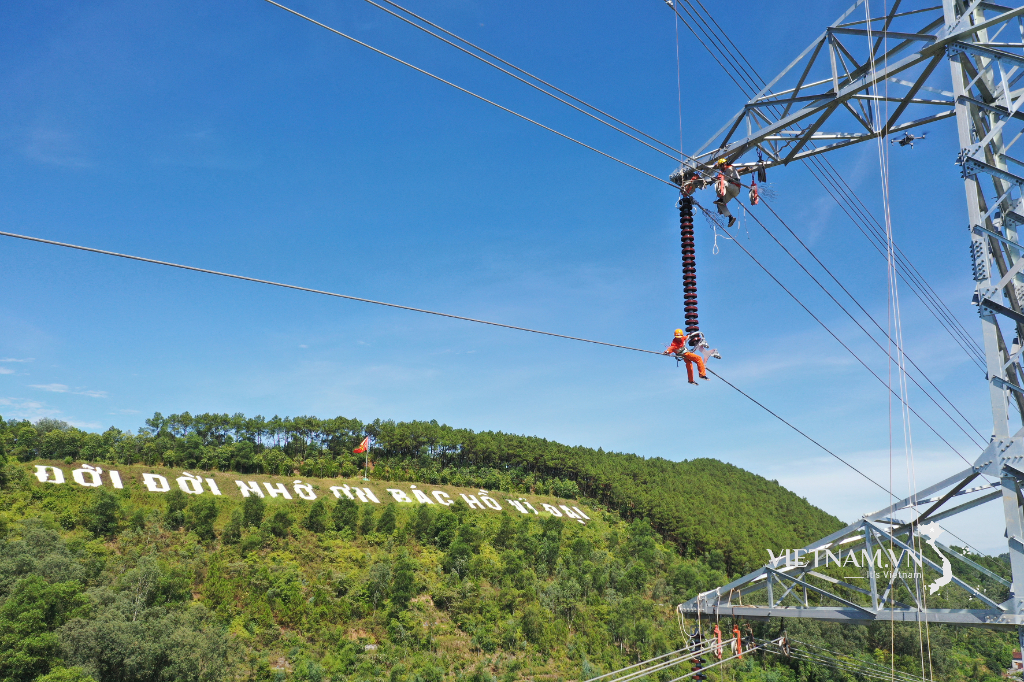

Comment (0)